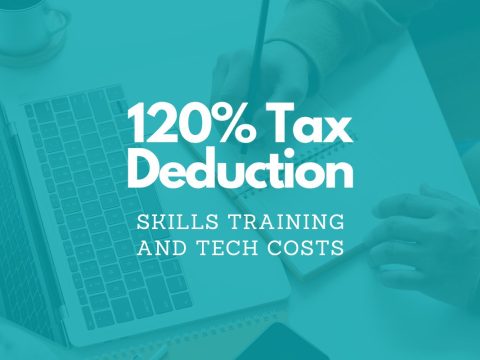Are You Prepared? Year-End Tax Planning (Part 1 of 2)
With 30 June closing in quickly, here are some practical things for SME business owners and investors to consider. Before taking any action, we recommend speaking with your accountant or financial adviser.
 Businesses
Businesses
- It may sound obvious, but look at bringing forward essential expenses such as repairs or pre-paying expenses such as rent, interest or subscriptions.
- Consider paying employee superannuation for the June quarter before 30 June to claim the deduction.
- If you operate through a trust, ensure your Trust Distribution Minutes are completed before 30 June. Have any of your children turned 18 during the year, who could be considered? Make sure your accountant reads the Trust Deed before resolutions are prepared.
- Review inventory and write off obsolete items.
- Review debtors/receivables and write off actual bad debts (if you operate on an accruals basis).
- If practical, look to defer revenue until the next financial year. Bear in mind cash is king.
- For farmers: review your sales records for livestock sold due to extreme conditions, drought, fire, flood, etc.
- Look to pay or declare staff bonuses before 30 June.
- The small business asset write-off has continued, allowing immediate deductions for capital items up to $20,000.
- Also note the definition of ‘small business’: the turnover threshold for the 2017 financial year has increased to $10 million from $2 million.
- Have you taken money out of your company as a loan? Can you repay or have you considered Division 7A which could potentially deem loans as dividends if appropriate action is not taken?
Investors
- If you have acquired a property in the year, look to have a proper depreciation schedule prepared. It costs around $770 and the deductions in year 1 generally recoup this cost. We use BMT Quantity Surveyors but there are others around. Note that deductions will be restricted if the 2017-18 Federal Budget proposals go through.
- If you have made capital gains in the year, look at your investment portfolio and consider selling shares with unrealised losses. Only do this after speaking with your adviser.
- From 1 July, it is proposed that the government will disallow deductions for travel expenses relating to inspecting, maintaining, or collecting rent for a residential rental property. If you are planning a trip, take it before 30 June.
- Consider prepaying interest on investment loans, especially where you expect your overall tax rate to decrease next year, or where a discounted interest rate is available.
We hope these pointers are of use but remember to seek professional advice before taking any action. If you need any advice on the above please drop us a line at allworths@allworths.com.au or 02 9264 6733.




